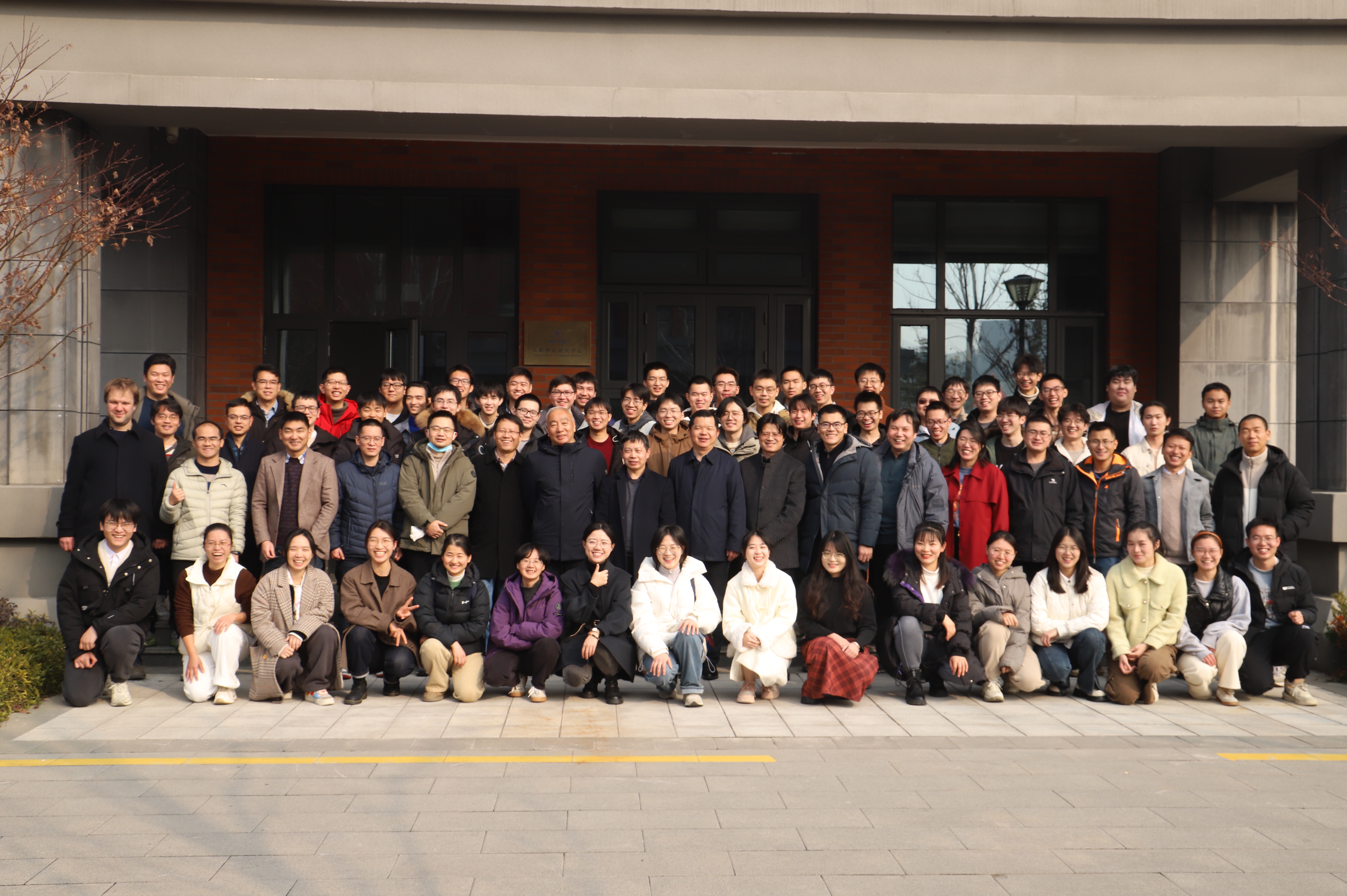

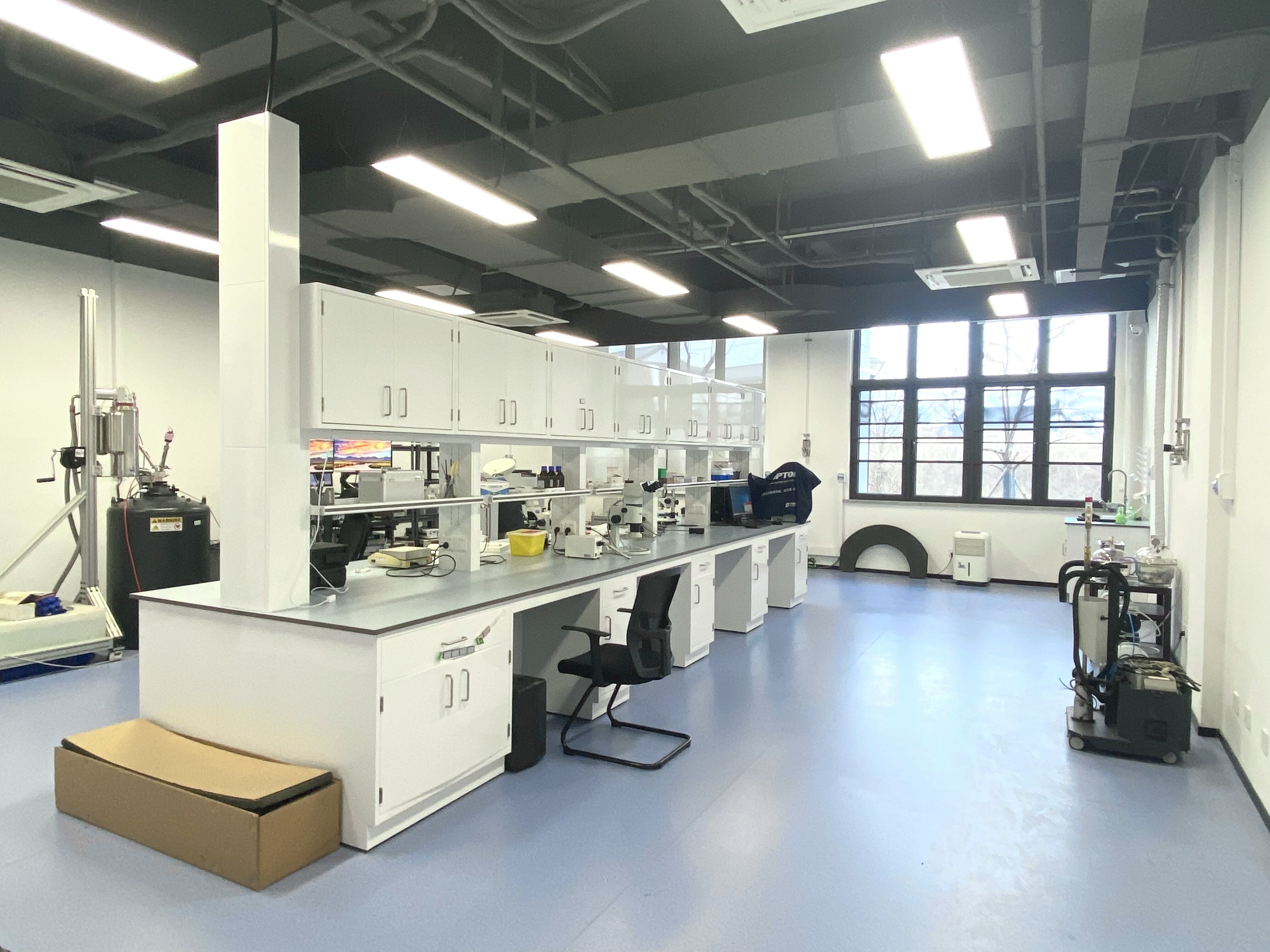
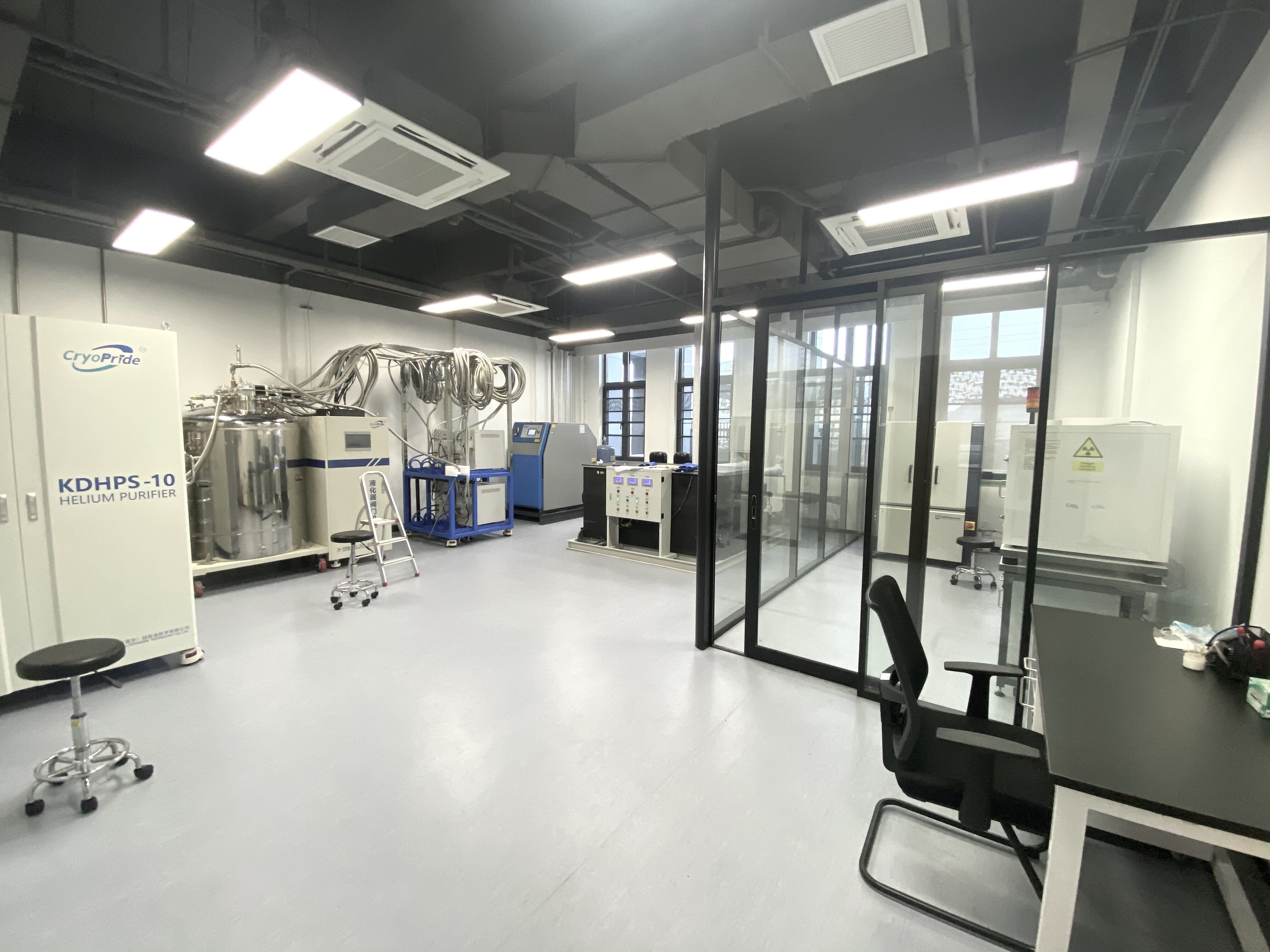
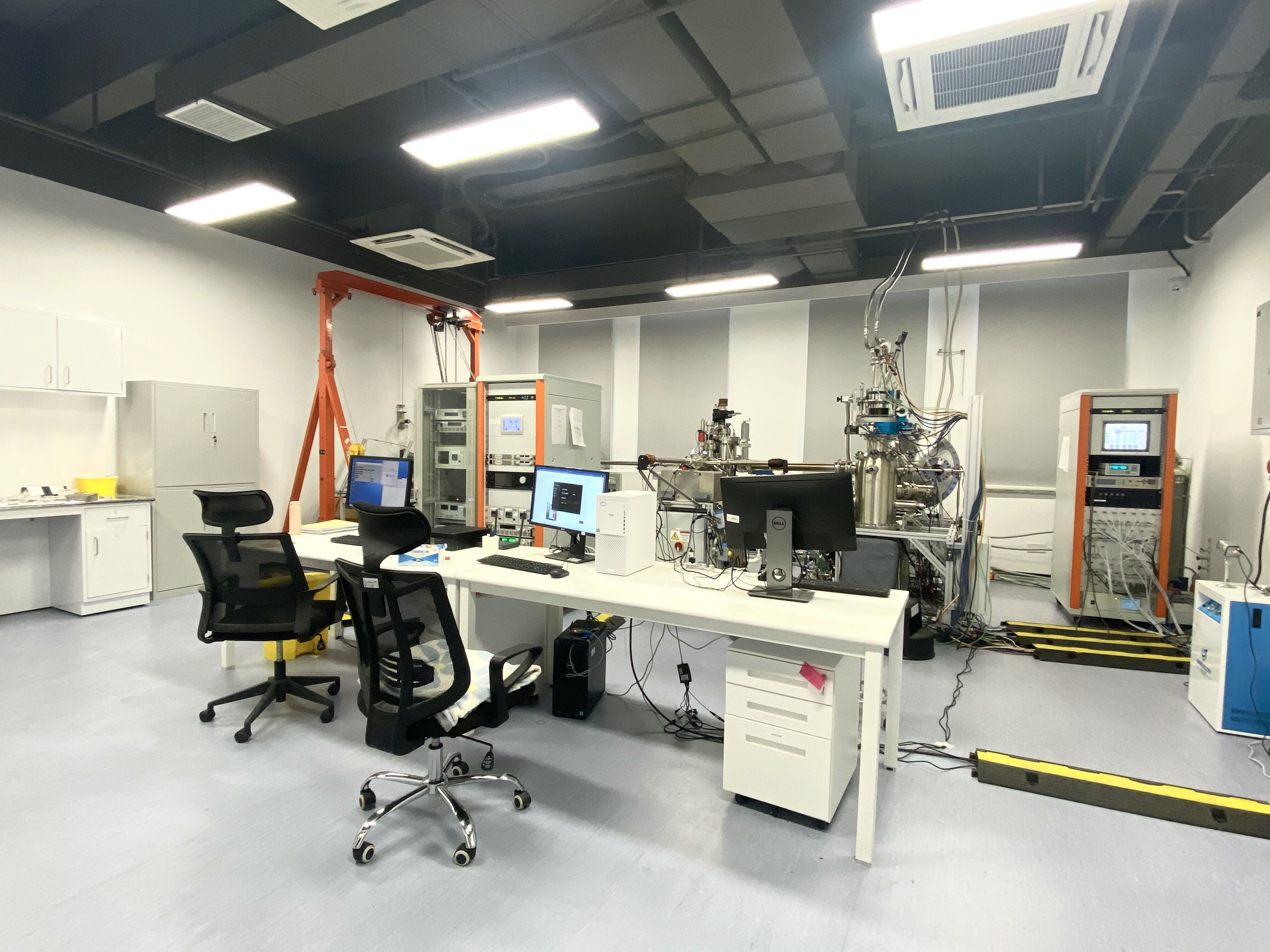
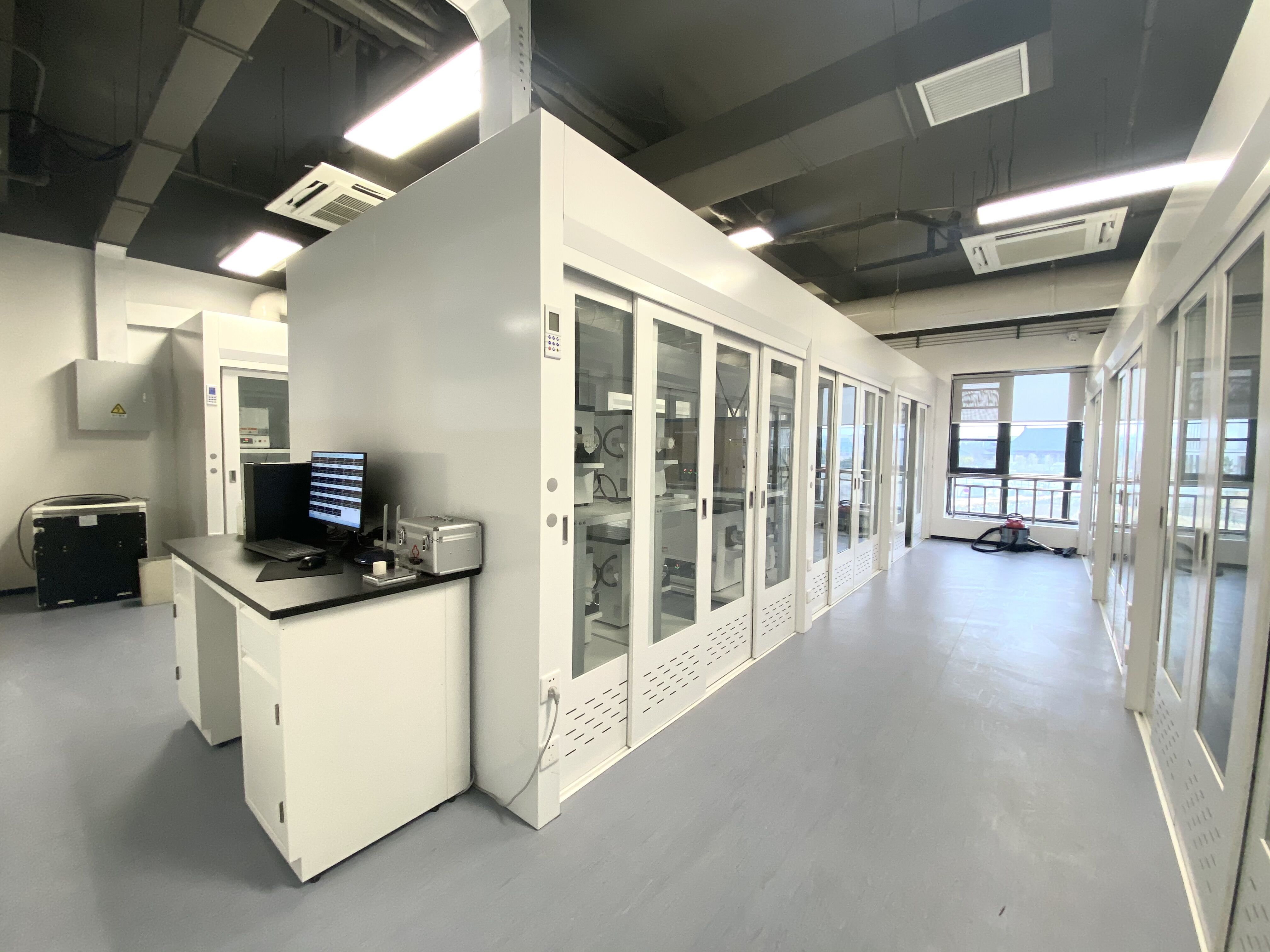
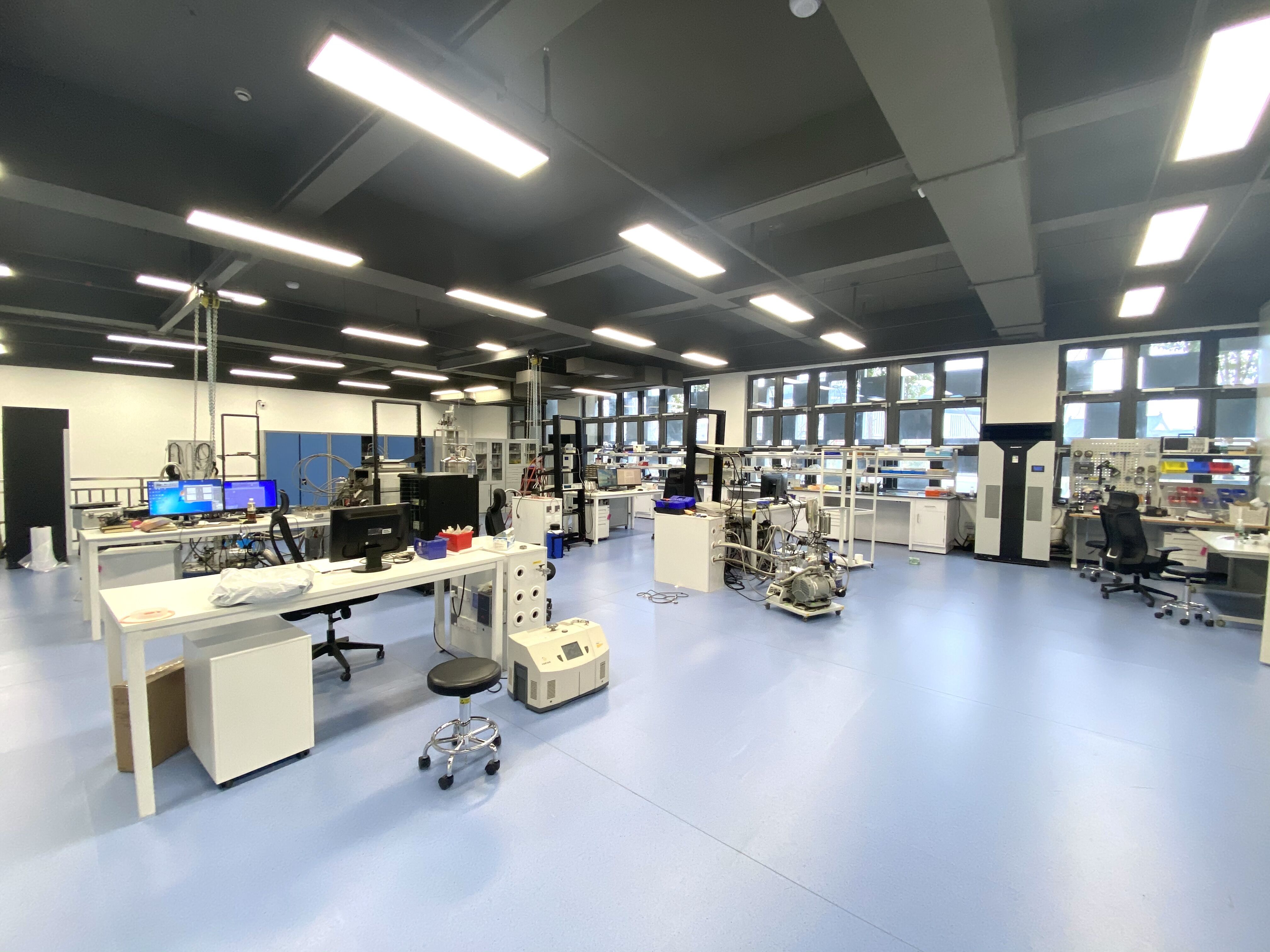
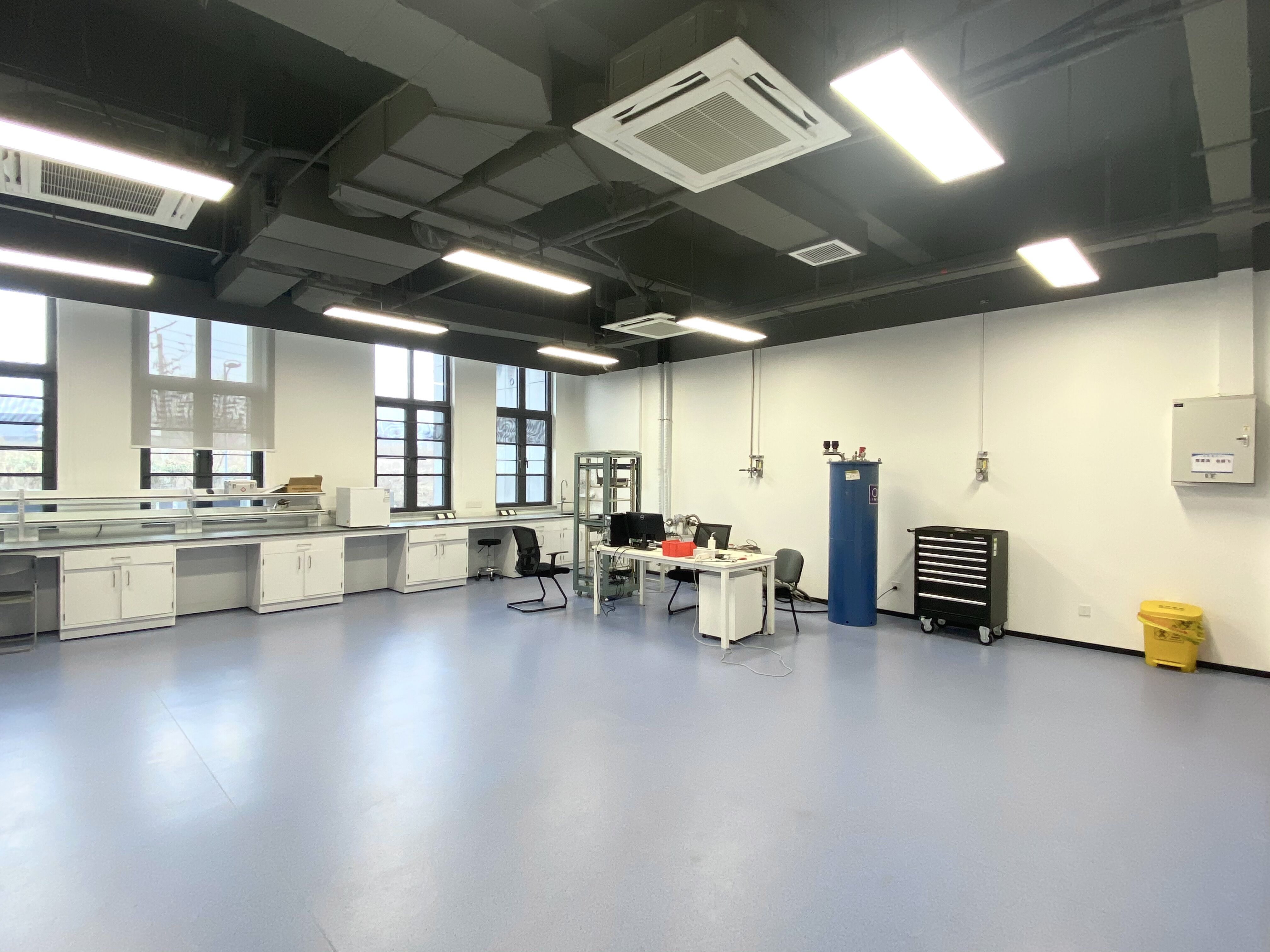
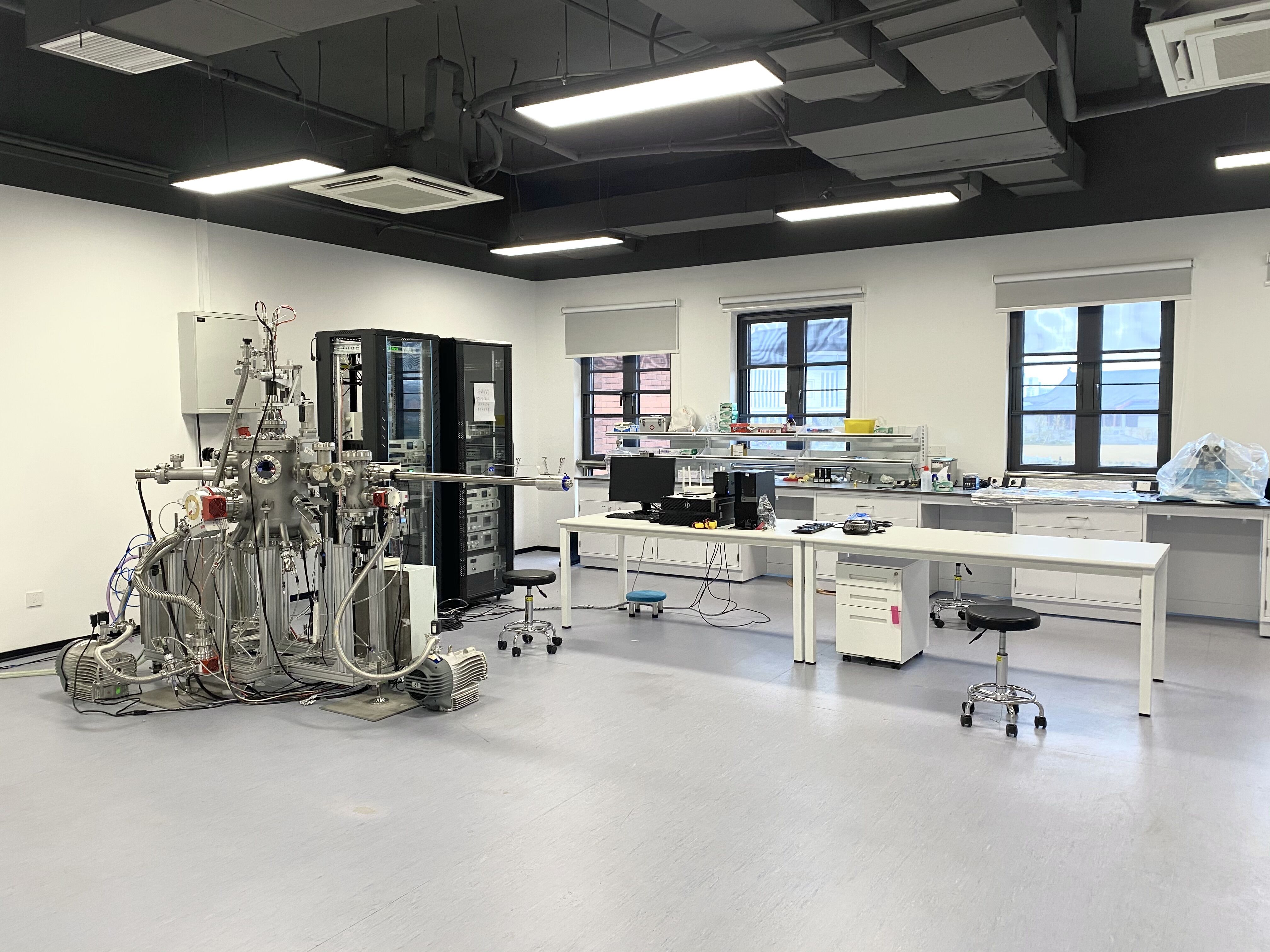
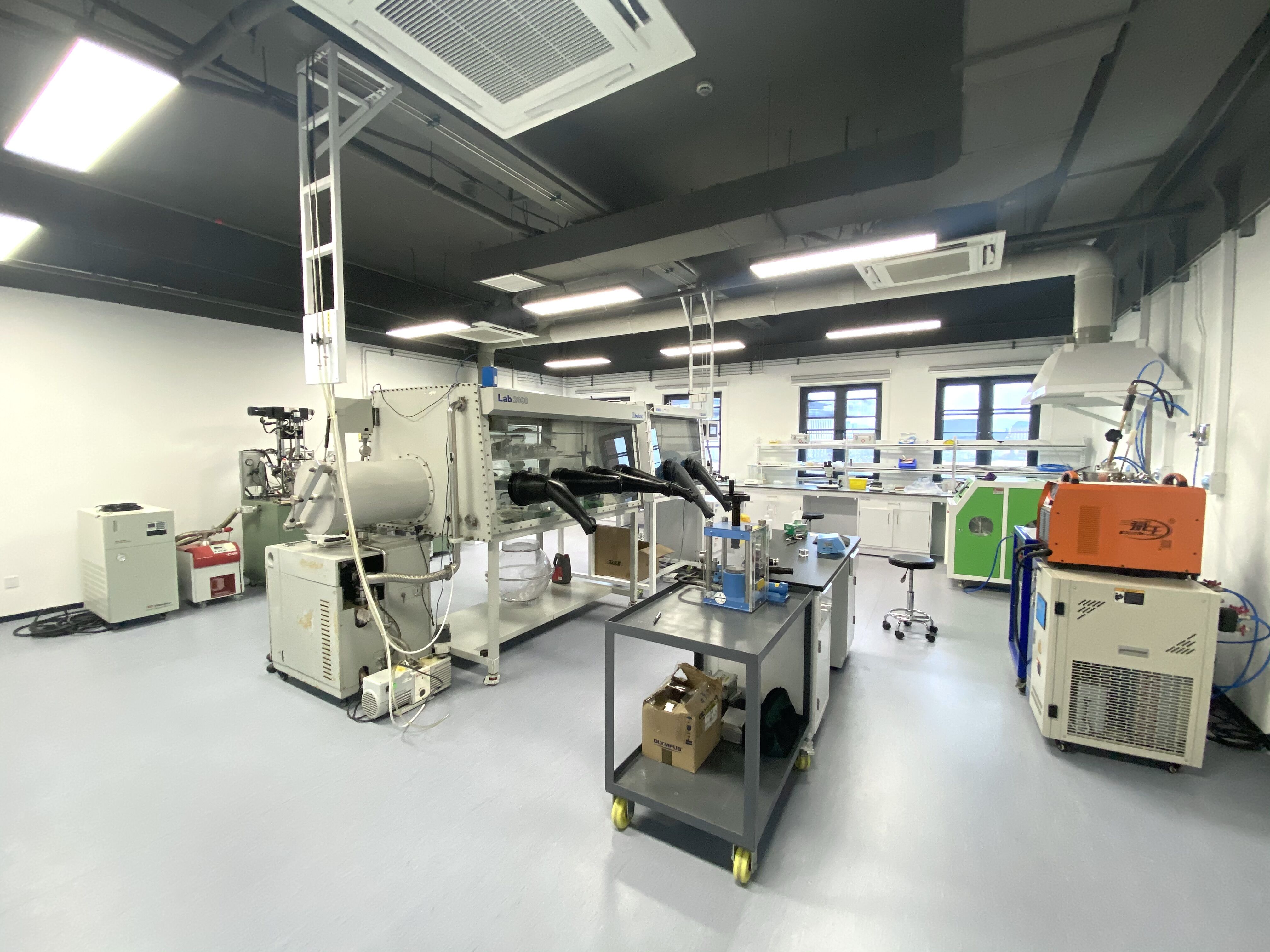
About CCM
The Center for Correlated Matter (CCM) was established in 2012 by Zhejiang University. Prof. Frank Steglich, the discoverer of heavy fermion superconductivity and an Emeritus Director of the Max-Planck Institute for Chemical Physics of Solids in Germany, was appointed as the founding director of the CCM. The director is assisted by Prof. Huiqiu Yuan, who initiated the founding of the center by the university. Its mission is to become a competitive center both nationally and internationally for performing fundamental research into the physics of correlated matter.
The CCM is dedicated to scientific research at the frontiers of correlated matter. Special attention is paid to the emergent quantum phases and concomitant phenomena, arising from tunable many body electron interactions. Current research interests at the center include heavy fermion physics, unconventional superconductivity, quantum phase transitions, Kondo-lattice and mixed-valence behavior, spin liquids and Mott transitions. We synthesize and search for new correlated systems, and measure various physical quantities under multiple extreme conditions of low temperatures, high pressure and high magnetic fields. We also employ a variety of state-of-the-art techniques, including a range of spectroscopic methods such as ARPES, neutron and x-ray scattering, PCS and STM. The experimental findings are complemented by the exploration of their complex properties via theoretical models and numerical simulations. At the center, experimentalists and theorists work closely together to identify, probe and unravel the challenges of correlated matter.
The CCM is a highly international institution, where the faculty members and postdoctoral fellows come from number of different countries. At present, the center has ten faculty members, forming a high-level research team working on materials synthesis, experiments, and theory, and it is always looking to hire more talented scientists in faculty-level positions. In addition, the center hosts a number of short-term and long-term visiting scientists.
The CCM has already developed a broad network of worldwide collaboration. We are a partner group of the Max Planck Institute for Chemical Physics of Solids at Dresden, Germany. In 2015, a Sino-German Cooperation Group on Emergent Correlated Matter was funded by the Sino-German Promotion Center, which supports international cooperation between the Center for Correlated Matter and the Center for Electronic Correlations and Magnetism at the University of Augsburg, the Institute of Physics at Goethe University in Frankfurt. Other institutions, which have collaborated closely with the center, include Los Alamos National Laboratory, Rice University, Rutgers University, the University of Illinois at Urbana and Champaign, Florida State University (USA), Paul Scherrer Institute (Switzerland), the ISIS Neutron and Muon Source (UK) as well as the Universities of Cambridge (UK), Warwick (UK), Bristol (UK), Kent (UK), Bonn (Germany), Tokyo (Japan), Hiroshima (Japan), and SKKU (South Korea).
News & Events
-
Nature Communications | 利用石英音叉探针揭示CsV3Sb5的新型轨道磁性
2025-05-16 - 21:40
-
重费米子超导体CeSb2中的铁磁梯子磁激发
2025-03-28 - 09:50
-
PNAS | 近藤绝缘体表面实现高效拓扑二极管效应
2025-03-24 - 09:05
Seminars
-
Theory of Superconductivity in La3Ni2O7 and La4Ni3O10: Pairing Mechanism and Transition Temperature vs Pressure
2025-04-09 - 16:37
-
Growth of crystals and physics on the example of FeSb2
2025-04-09 - 16:35
-
发展薄膜技术推进高温超导物理与应用
2025-03-28 - 10:03







